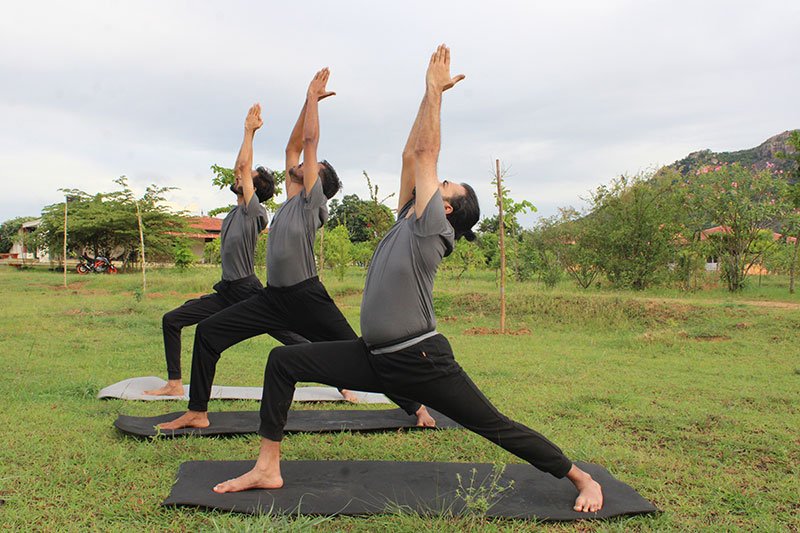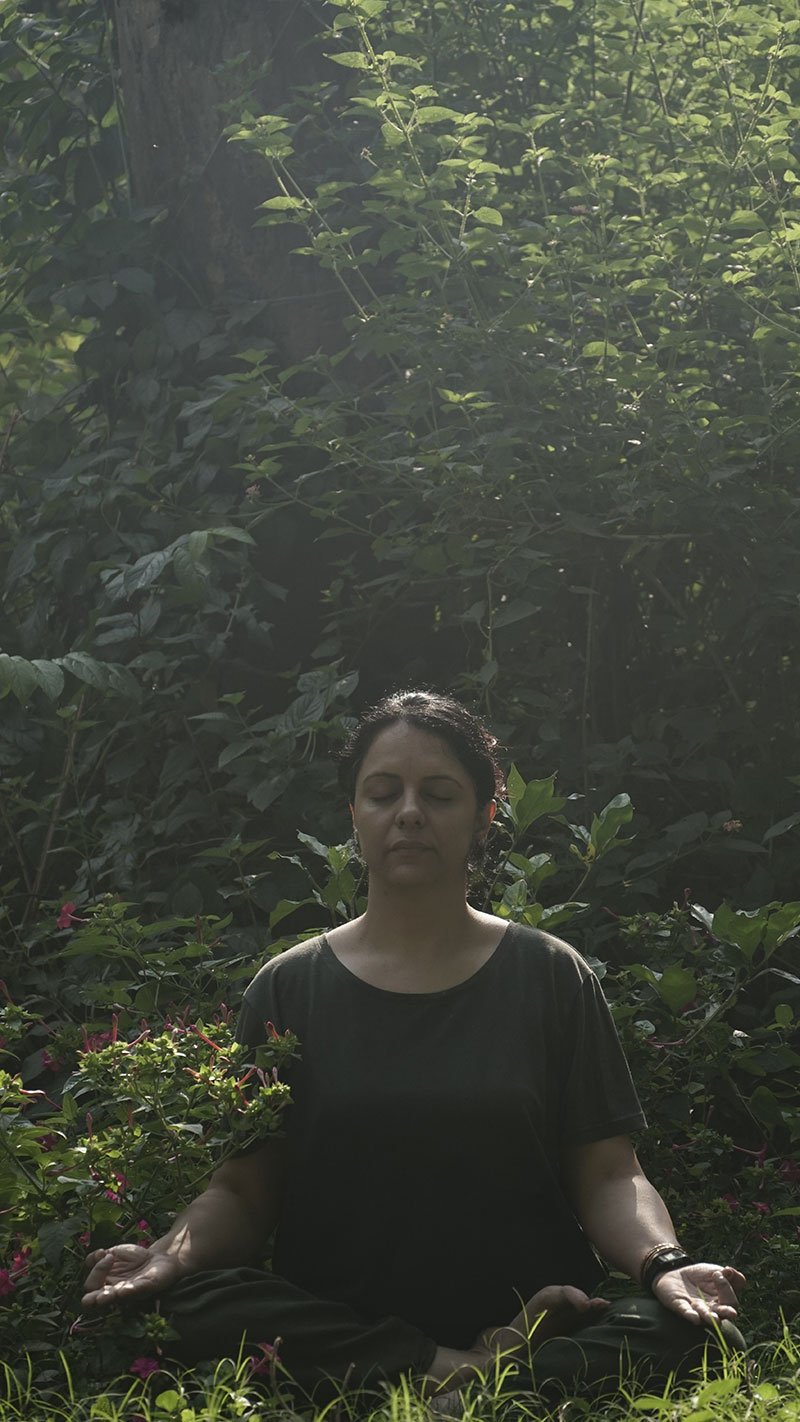
Stress in Daily Life
Living in the 21st century and maintaining a constant state of inner tranquillity and peace amidst the challenges of the external world may seem close to impossible. Trying to keep up with our fast-paced lifestyles, mentally consumed with work deadlines, meeting the expectations of the society and dealing with other personal compulsions we eventually compromise our overall wellbeing and health.
In the the first chapter of the Yoga Sutras- (the Samadhi Pada), Sage Patanjali defines Yoga as ‘chitta-vritti-nirodha.’ The term comes from the Sanskrit word chitta, meaning “consciousness” or “mind-stuff”; vritti, meaning “fluctuations”; and nirodha, meaning “restraint”. This definition of yoga lays a lot of emphasis on the importance of calming the fluctuations of the mind, as only then can a yogi touch the higher self and attain liberation from the trappings of the mind. This definition also breaks the misconception about yoga only working on the physical aspect of the body through asanas. It emphasises that without mastering one’s mind and emotions, one cannot tap the immense potential that is lying dormant within every individual.
Combating Stress with Yoga
Stress usually occurs in a mind that is filled with the ripples and disturbances caused by the memories of the past or the fear of the future. A mind that is consciously aware of the present moment is tranquil and peaceful even amidst challenging situations. Our breath plays a very vital role in controlling the mechanisms of the body and reactions of the mind.
What is going on in the mind determines what is happening in our body. The rhythm and pace of our breath changes under different situations. In stressful situations, it becomes more rapid and shallow whereas it is deep and calm while in meditation or doing something we enjoy.
Here are 4 simple yet effective techniques that can help reduce stress, bring the mind to a peaceful state, and can be practised anytime at your own convenience.
- Breath Awareness- If we give ourselves even ten minutes every day to pause and consciously observe the rhythm of every incoming and outgoing breath as a practice, we can remind ourselves to breathe with better awareness. This then alters our emotional state for the better and helps us to face stressful situations with a more relaxed & calmer mind.
- Nadi Suddhi Pranayama- This practice of alternate nostril breathing also known as ‘Anulom Vilom’ is an extremely easy yet powerful technique to reduce stress and stabilise one’s breathing pattern. Sit comfortably in any cross-legged posture if possible, or even on a chair to practise this Pranayama. Now bring the Right hand into Vishnu Mudra (thumb to the Right nostril, ring and little fingers to the left, index and middle finger folded and resting at the base of the thumb).
Exhale completely from the left nostril and start inhalation from the left nostril, block the left nostril and exhale through the right nostril. Then inhale from the right nostril, block it and release the left nostril and exhale. This completes 1 full cycle of the pranayama. Repeat 10-12 cycles.

- Full body Scan– Body awareness is as important as breath awareness. Lie down in Shavasana (corpse pose) for 5 minutes and try to pay attention to every part of your body from the head to the toes. Take your awareness to each part of your body and try to relax it. This technique can be immensely helpful for stress induced insomnia and promotes deep relaxation of the body and mind. You can also practise this technique sitting on a chair.
- Be Here Now– There is no time more precious than this very moment. Be mindful of each thought, action, and emotion. The actions and thoughts we cultivate now will outline the blueprint of our lives. Therefore, living every moment with absolute awareness without the hold of the past or the apprehensions of the future is the key to a stress-free life.
Practising these four techniques daily will help you develop greater physical, mental, and emotional awareness. When the mind and body relax, the breath will automatically regulate itself and help maintain a state of equilibrium and harmony within our being.
Through sustained and daily efforts this harmony can become our steady state. Once the body, mind and breath are harmonised and the mind can easily come to a calm and rippleless state, then such a mind is said to have become purified. This state is considered to be the take off point from which the purified mind can ascend to higher levels of consciousness and tap the infinite potential that is present in all living beings.


